Your Guide to Weight Loss Surgery in Mexico

If you’ve been struggling with weight loss and considering surgery, weight loss surgery in Mexico is an increasingly popular option for patients seeking quality care at a fraction of the cost. With expert bariatric surgeons, modern facilities, and convenient access, Mexico offers a compelling choice for those looking to transform their health.
This guide will help you understand the process of getting weight loss surgery in Mexico, including how to choose the right clinic, what types of bariatric surgeries are available, how to prepare before surgery, and what to expect during recovery.
Why Do People Choose Mexico for Bariatric Surgery?
"People choose Mexico for bariatric surgery primarily due to significant cost savings, access to skilled surgeons, shorter waiting times, and the availability of comprehensive care packages."
The financial aspect is a major draw. Weight loss surgery costs in Mexico can be 40-70% lower than in the United States. This affordability doesn't mean a compromise on quality; many Mexican bariatric centers boast state-of-the-art technology and surgeons with extensive experience and international accreditations. Furthermore, wait times for procedures can be considerably shorter. Many clinics also offer all-inclusive packages, covering surgery, accommodation, and sometimes even pre-operative and post-operative consultations, making the entire process smoother for international patients. The proximity to the U.S. also makes travel relatively convenient for North American patients.
How Much Does Weight Loss Surgery Cost in Mexico?
"The cost of weight loss surgery in Mexico typically ranges from $4,000 to $8,500 USD, depending on the type of procedure, surgeon, hospital, and what's included in the package."
This is a general estimate, and prices can vary. For instance:
- Gastric Sleeve in Mexico: Often costs between $4,000 and $6,500.
- Gastric Bypass in Mexico: Usually ranges from $5,500 to $8,500.
- Mini Gastric Bypass in Mexico: May fall between $5,000 and $7,500.
- Lap-Band Surgery in Mexico: Can be around $5,000 to $7,000 (though it's less common now).
- Revision Surgery: Costs can be higher, depending on the complexity, often starting from $6,000.
These prices frequently include not just the surgery itself, but also the surgeon’s fees, anesthesia, hospital stay, pre-op tests, post-op medications during your stay, and sometimes transportation and accommodation. Always clarify exactly what is included in any quoted price.
What are the Common Types of Weight Loss Surgery Available in Mexico?
"The most common types of weight loss surgery available in Mexico include Gastric Sleeve (Sleeve Gastrectomy), Gastric Bypass (Roux-en-Y), Mini Gastric Bypass, and Duodenal Switch, with some clinics also offering revisional bariatric surgery."
Each procedure has its own mechanism for promoting weight loss:
- Gastric Sleeve (Sleeve Gastrectomy): This is a restrictive procedure where about 75-80% of the stomach is removed, leaving a smaller, banana-shaped "sleeve." This reduces the amount of food you can eat and decreases the production of ghrelin, the hunger hormone. It's currently one of the most popular choices.
- Gastric Bypass (Roux-en-Y): This procedure is both restrictive and malabsorptive. A small stomach pouch is created and then connected directly to the middle portion of the small intestine, bypassing the rest of the stomach and the upper part of the small intestine. This limits food intake and reduces calorie and nutrient absorption.
- Mini Gastric Bypass (MGB): A simpler version of the traditional gastric bypass, it involves creating a long, narrow stomach pouch and connecting it to a loop of the small intestine. It has fewer intestinal reconnections.
- Duodenal Switch (DS): A more complex procedure that combines a sleeve gastrectomy with a longer intestinal bypass. It offers significant weight loss but has a higher risk of nutritional deficiencies.
- Revisional Bariatric Surgery: For patients who have had previous weight loss surgery and have experienced complications, insufficient weight loss, or weight regain.
The best bariatric surgery in Mexico for you will depend on your individual health profile, weight loss goals, and surgeon's recommendation.
Am I a Candidate for Weight Loss Surgery in Mexico?
"To be a candidate for weight loss surgery in Mexico, you generally need a Body Mass Index (BMI) of 30 or higher, especially if you have obesity-related health conditions like type 2 diabetes, sleep apnea, or hypertension. Some surgeons may consider a BMI of 35+ without comorbidities."
The specific requirements for bariatric surgery in Mexico can vary slightly between clinics, but general guidelines often include:
- BMI: Typically, a BMI of 40 or greater, or a BMI of 35 or greater with significant obesity-related comorbidities (like diabetes, high blood pressure, sleep apnea, joint problems). Some centers in Mexico will accept patients with a BMI of 30 if they have significant comorbidities.
- Age: Usually between 18 and 65 years old, though exceptions can be made on a case-by-case basis.
- Previous Weight Loss Attempts: A history of unsuccessful attempts to lose weight through diet and exercise.
- Commitment to Lifestyle Changes: Understanding and willingness to commit to significant long-term dietary and lifestyle changes, including follow-up care.
- Psychological Stability: Being mentally and emotionally prepared for the surgery and the changes that follow.
- No Untreated Medical Conditions: Absence of conditions that would make surgery prohibitively risky, such as severe heart or lung disease, active substance abuse, or untreated psychiatric disorders.
A thorough medical evaluation by the surgical team in Mexico will ultimately determine your candidacy.
How Do I Find a Reputable Bariatric Surgeon in Mexico?
"To find a reputable bariatric surgeon in Mexico, research their credentials, experience (number of procedures performed), patient testimonials, hospital affiliations, and look for certifications from recognized bariatric and surgical associations."
Choosing the right surgeon is crucial. Here are key steps:
- Check Credentials: Verify the surgeon's medical license, board certifications (both Mexican and potentially international, like from the American Society for Metabolic and Bariatric Surgery - ASMBS, or the International Federation for the Surgery of Obesity and Metabolic Disorders - IFSO).
- Experience: Inquire about the surgeon's experience with the specific procedure you are considering. How many have they performed? What are their success and complication rates?
- Patient Reviews and Testimonials: Look for reviews on independent platforms, forums, and the clinic's website. Video testimonials can be particularly insightful.
- Hospital Accreditation: Ensure the hospital where the surgery will be performed is accredited and meets international standards for safety and quality.
- Communication: Does the surgeon or their team communicate clearly and answer all your questions satisfactorily? Do they offer pre-operative and post-operative support?
- Before-and-After Photos: These can give you an idea of the surgeon's typical results.
Consider using a reputable medical tourism facilitator like PlacidWay, which can help connect you with vetted surgeons and clinics.
Is Weight Loss Surgery in Mexico Safe?
"Yes, weight loss surgery in Mexico can be very safe when performed by qualified, experienced surgeons in accredited facilities that adhere to international safety protocols. However, like any major surgery, it carries inherent risks."
Many top bariatric centers in Mexico have safety records comparable to those in the U.S. or Europe. They utilize modern equipment and follow stringent hygiene and patient care standards. Surgeons are often board-certified and members of international bariatric societies.
However, potential risks associated with bariatric surgery (anywhere in the world) include:
- Infection
- Bleeding
- Blood clots
- Anesthesia complications
- Leaks from staple lines
- Nutritional deficiencies
- Gallstones
- Hernias
To minimize risks, it's vital to choose your surgeon and clinic carefully, provide a complete medical history, and strictly follow all pre-operative and post-operative instructions.
What is the Process for Getting Weight Loss Surgery in Mexico as a Foreigner?
"The process for getting weight loss surgery in Mexico as a foreigner typically involves an initial consultation (often virtual), medical evaluation, booking the surgery, traveling to Mexico, pre-operative tests, the surgery itself, a short hospital stay, and initial recovery before returning home."
Here's a general outline of the steps:
- Research & Initial Contact: Identify potential surgeons/clinics. Contact them to discuss your case and ask initial questions.
- Medical Questionnaire & Evaluation: You'll likely fill out a detailed health questionnaire. The medical team will review this to determine preliminary eligibility. You might need to provide recent medical records or undergo some tests in your home country.
- Consultation: This may be done via video call. You'll discuss the recommended procedure, risks, benefits, and costs with the surgeon or a coordinator.
- Booking & Deposit: Once you decide to proceed, you'll schedule your surgery date and usually pay a deposit.
- Travel Arrangements: Book your flights and make any necessary accommodation arrangements (though many packages include this).
- Pre-Operative Diet: Most patients are required to follow a special diet for a few weeks before surgery to shrink the liver and reduce abdominal fat.
- Arrival & Pre-Op Tests in Mexico: Upon arrival, you'll typically undergo pre-operative tests (blood work, EKG, etc.) and have a final consultation with your surgeon and anesthesiologist.
- Surgery: The procedure is performed.
- Hospital Stay: Usually 1-3 nights, depending on the surgery and your recovery.
- Initial Recovery in Mexico: You might stay in a nearby hotel for a few more days for initial recovery and a post-op check-up before being cleared to fly home.
- Return Home & Follow-Up: Continue your recovery and follow the prescribed diet and lifestyle changes. Long-term follow-up with your local doctor and the Mexican surgical team (often remotely) is crucial.
How Do I Prepare for Weight Loss Surgery in Mexico?
"Preparing for weight loss surgery in Mexico involves following your surgeon's pre-operative diet, arranging travel and accommodation, stopping certain medications as advised, quitting smoking, and mentally preparing for the lifestyle changes ahead."
Key preparation steps include:
- Pre-Operative Diet: This is critical. It usually starts 2-4 weeks before surgery and is typically a low-carb, low-fat, high-protein diet, often transitioning to liquids closer to the surgery date. This helps shrink the liver, making the surgery safer.
- Medication Adjustments: Inform your surgeon about all medications and supplements you take. You may need to stop or adjust certain ones, especially blood thinners or NSAIDs.
- Quit Smoking: If you smoke, you'll need to quit at least several weeks (preferably months) before surgery, as smoking significantly increases surgical risks and impairs healing.
- Arrange Logistics: Confirm travel dates, flights, passport validity, and any visa requirements. Pack comfortable, loose-fitting clothing, necessary toiletries, and any prescribed medications.
- Hydration: Drink plenty of water in the weeks leading up to surgery.
- Mental Preparation: Understand the dietary and lifestyle changes required post-surgery. Setting realistic expectations is key.
- Support System: Arrange for someone to accompany you if possible, or ensure you have support back home during your recovery.
What Should I Pack for My Weight Loss Surgery Trip to Mexico?
"For your weight loss surgery trip to Mexico, pack loose, comfortable clothing, slip-on shoes, essential toiletries, all prescribed medications, your passport, medical documents, a phone/tablet with chargers, and a neck pillow for travel."
Here's a more detailed list:
- Clothing: Loose-fitting pajamas or loungewear, comfortable outfits for travel and your hotel stay (think stretchy pants, t-shirts), a light robe, and several pairs of underwear.
- Footwear: Easy-to-slip-on shoes or slippers (bending over will be difficult initially).
- Toiletries: Travel-sized essentials. Some people bring their own washcloths.
- Medications: All your regular prescription medications in their original bottles, plus any specific pre-op meds your surgeon prescribed.
- Documents: Passport, driver's license, flight/hotel confirmations, medical history summary, list of medications, and contact information for your surgeon/clinic.
- Comfort Items: Neck pillow for the plane/car, headphones, books, or a tablet for entertainment. A long phone charging cable can be very useful in the hospital.
- Post-Op Specifics (optional, check with clinic): Gas-X strips (gas pain is common), a heating pad (check if allowed/provided), and perhaps some protein shake powder for your initial liquid diet if approved by your clinic.
- Money: Some cash (USD often accepted, or pesos) for small expenses, and your credit/debit cards (notify your bank of your travel).
Don't overpack. You'll likely only be there for a short period.
What is Recovery Like After Bariatric Surgery in Mexico?
"Recovery after bariatric surgery in Mexico begins with a 1-3 night hospital stay, followed by a few days in a local hotel. You'll be on a liquid diet initially, gradually progressing to pureed, then soft, and finally solid foods over several weeks. Full recovery and significant weight loss occur over months."
The initial phase in Mexico focuses on monitoring for complications and managing pain. You'll be encouraged to walk soon after surgery to prevent blood clots. Your diet will start with clear liquids, then full liquids.
Once home, you'll continue to follow a strict dietary progression:
- Weeks 1-2: Liquid diet (protein shakes, broth, sugar-free gelatin).
- Weeks 3-4: Pureed foods (blended soft foods).
- Weeks 5-6 (and beyond): Soft foods, then gradually introducing more solid foods.
You'll need to eat small portions, chew thoroughly, and avoid certain foods. Pain will decrease over the first week or two. Most people can return to light activities within a week and desk jobs within 2-4 weeks. Strenuous activity and heavy lifting will be restricted for longer (6-8 weeks or more). Regular follow-up, nutritional counseling, and vitamin supplementation are vital for long-term success and health.
What Kind of Post-Op Diet Will I Need to Follow?
"After weight loss surgery in Mexico, you will follow a phased post-op diet starting with clear liquids, progressing to full liquids, then pureed foods, soft foods, and eventually a long-term diet of small, nutrient-dense solid food portions."
The diet is designed to allow your new stomach to heal, help you adjust to eating smaller amounts, and ensure you get adequate nutrition while losing weight.
- Phase 1 (Immediately post-op, typically 1-7 days): Clear liquids (water, broth, sugar-free Jell-O).
- Phase 2 (Typically days 7-14): Full liquids (protein shakes, milk, strained cream soups, yogurt).
- Phase 3 (Typically weeks 3-4): Pureed foods (cottage cheese, scrambled eggs, blended soft fruits and cooked vegetables, pureed meats).
- Phase 4 (Typically weeks 5-6 onwards): Soft foods (cooked vegetables, soft fish, ground meat, soft fruits).
- Long-Term Diet: Well-balanced meals focusing on lean protein first, followed by non-starchy vegetables and fruits. Small portions are key. You'll need to eat slowly, chew food thoroughly, and avoid high-sugar, high-fat, and processed foods. Lifelong vitamin and mineral supplementation is essential to prevent deficiencies.
Your bariatric team in Mexico will provide specific dietary guidelines and support.
How Long Do I Need to Stay in Mexico for Weight Loss Surgery?
"You will typically need to stay in Mexico for weight loss surgery for approximately 5 to 7 days. This usually includes 1-3 nights in the hospital post-surgery and a few additional days for initial recovery and a follow-up appointment before flying home."
The exact duration can depend on the type of surgery, your individual recovery rate, and the clinic's specific protocol. Some patients might opt to stay a bit longer if they are traveling from very far or prefer a more extended period of supervised recovery before a long journey. Always confirm the recommended stay duration with your chosen clinic when planning your trip. This timeframe allows for necessary pre-operative checks, the surgery itself, immediate post-operative monitoring, and a crucial follow-up visit with your surgeon to ensure you are stable and healing well before you travel back home.
Can I Finance Weight Loss Surgery in Mexico?
"Yes, it's often possible to finance weight loss surgery in Mexico. Some bariatric centers offer in-house payment plans or partner with medical financing companies that specialize in funding procedures for international patients."
While direct insurance coverage from your home country might be limited for elective surgery abroad, several financing avenues exist:
- Medical Credit Companies: Many companies specialize in loans for medical procedures, including those performed internationally. They often have online applications and quick approval processes. Your chosen clinic may have recommendations.
- Personal Loans: You could secure a personal loan from your bank or a credit union.
- Credit Cards: Using a credit card is an option, especially one with a low-interest introductory period, but be mindful of interest rates.
- Clinic Payment Plans: Some larger bariatric centers might offer short-term payment plans directly, though this is less common for the full amount.
- Secured Loans: Such as a home equity line of credit (HELOC), though this involves using your home as collateral.
Thoroughly research any financing option, understand the terms, interest rates, and repayment schedule before committing.
What are the Pros and Cons of Getting Weight Loss Surgery in Mexico?
"The primary pros of weight loss surgery in Mexico are significant cost savings, access to skilled surgeons, and shorter wait times. The cons can include travel requirements, potential challenges with follow-up care if not properly arranged, language barriers (though many clinics cater to English speakers), and the inherent risks of surgery away from home."
Pros:
- Affordability: Substantially lower costs for procedures and packages.
- Experienced Surgeons: Many Mexican surgeons are highly trained and specialize in bariatric procedures.
- Quality Facilities: Reputable clinics often have modern, internationally accredited hospitals.
- Reduced Wait Times: Quicker access to surgery compared to public healthcare systems in some countries.
- Medical Tourism Experience: Many centers offer comprehensive packages including accommodation and local transport.
- Proximity (for North Americans): Relatively easy and often inexpensive travel.
Cons:
- Travel: Requires international travel, which can be stressful, especially post-surgery.
- Follow-Up Care: Long-term follow-up needs to be well-coordinated, either remotely with the Mexican team or with a local doctor willing to oversee your care.
- Language/Cultural Barriers: While top clinics have bilingual staff, communication issues can arise if you venture outside these environments.
- Research Burden: Patients need to do thorough research to find reputable providers.
- Complications Away From Home: If complications arise after returning home, managing them can be more complex.
- Variable Standards: Not all clinics adhere to the same high standards, making careful selection paramount.
Weighing these factors carefully and conducting thorough due diligence is essential for a positive outcome.
What Support is Available After Weight Loss Surgery in Mexico?
"Support after weight loss surgery in Mexico typically includes initial post-operative care from the surgical team, dietary counseling, and often access to online support groups or remote follow-up consultations. Patients should also arrange for local medical support upon returning home."
Most reputable bariatric centers in Mexico understand the importance of aftercare. This may include:
- Direct contact with the surgeon/team: For a period post-surgery via phone or email.
- Nutritional guidance: Detailed diet plans and access to a nutritionist.
- Online support groups: Connecting with other patients for shared experiences and advice.
- Scheduled virtual follow-ups: With the Mexican surgical team.
However, it's crucial to establish a relationship with a primary care physician or a bariatric specialist in your home country for ongoing local monitoring, blood tests, and management of any long-term issues. This local support is vital for your continued health and the success of your weight loss journey.
What if I Experience Complications After Returning Home?
"If you experience complications after returning home from weight loss surgery in Mexico, you should immediately contact your Mexican surgical team for guidance and seek urgent medical attention from your local doctor or the nearest emergency room."
Before you leave Mexico, ensure you have clear instructions on who to contact at the clinic in case of concerns, including an emergency contact number. It's also wise to have a preliminary discussion with your local primary care physician before your trip, informing them of your plans so they are aware and can assist with post-operative care or if issues arise.
For non-urgent concerns, your Mexican clinic can often provide advice remotely. For serious complications (e.g., signs of infection like fever and severe pain, persistent vomiting, shortness of breath, leg swelling), do not delay seeking local medical help. Your local doctors can liaise with your Mexican surgical team if necessary, provided you have all your surgical reports and contact information readily available.
Ready to explore your options for weight loss surgery in Mexico? PlacidWay can help you connect with trusted, accredited clinics and experienced surgeons. Take the first step towards a healthier you by exploring healthcare solutions with PlacidWay today!


.png)
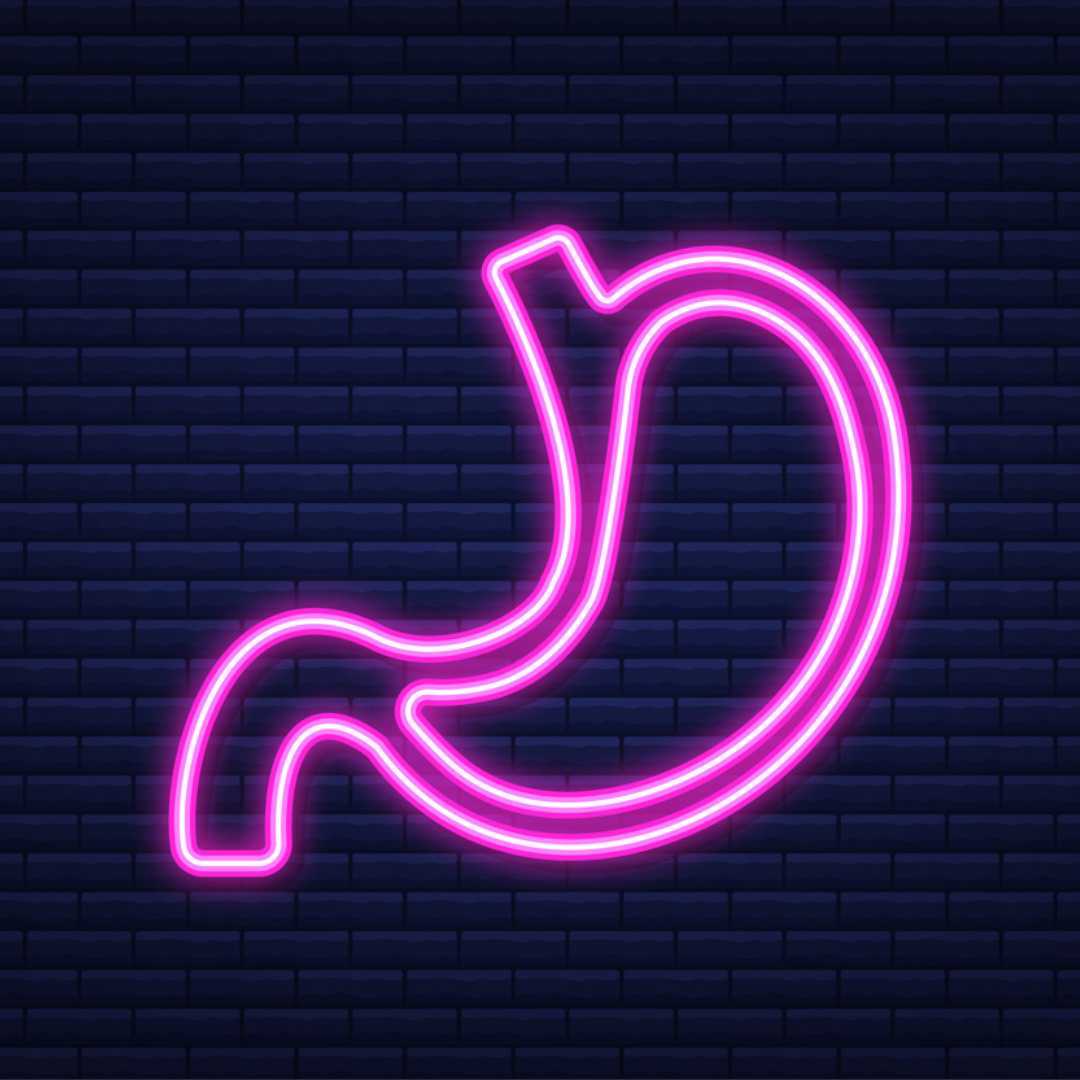




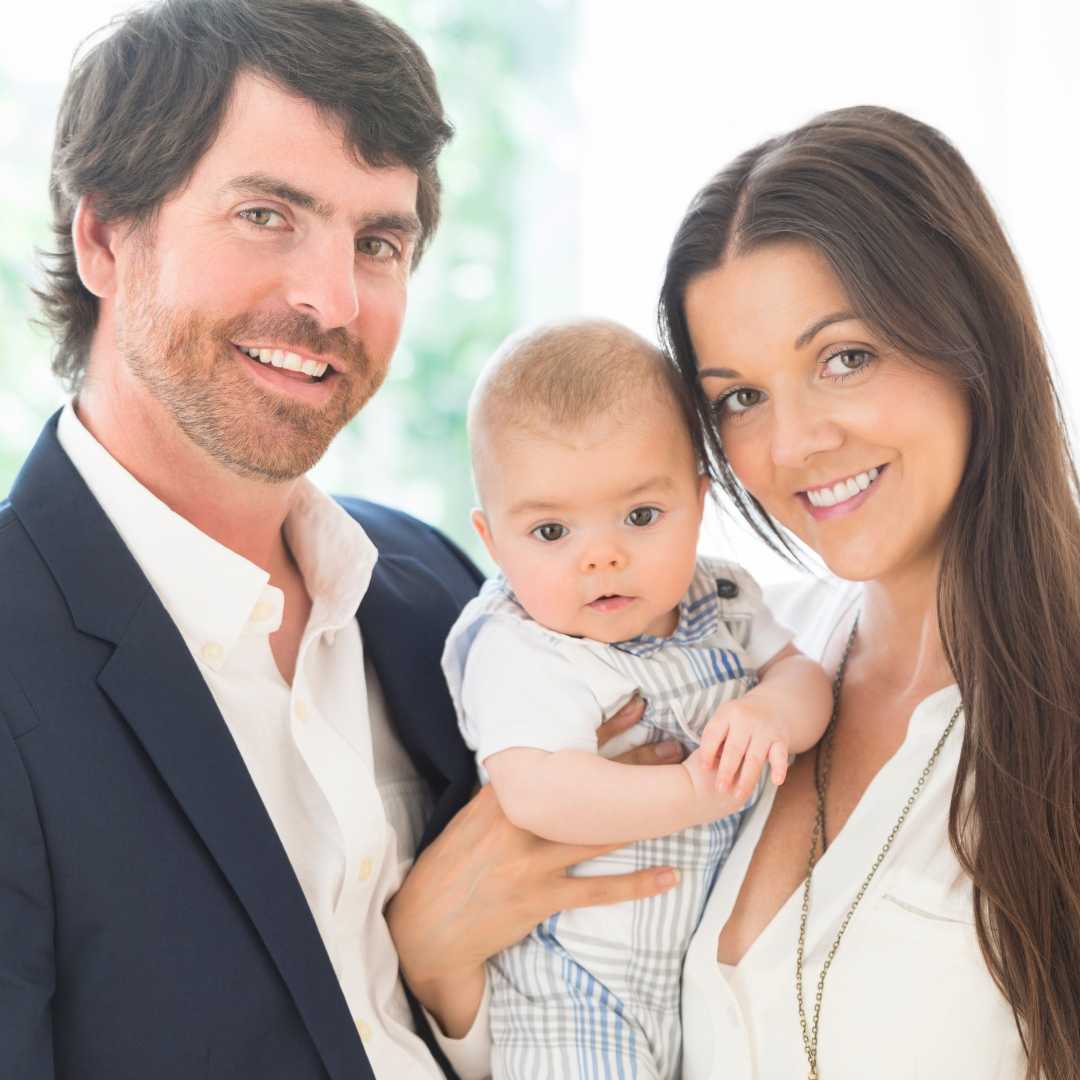


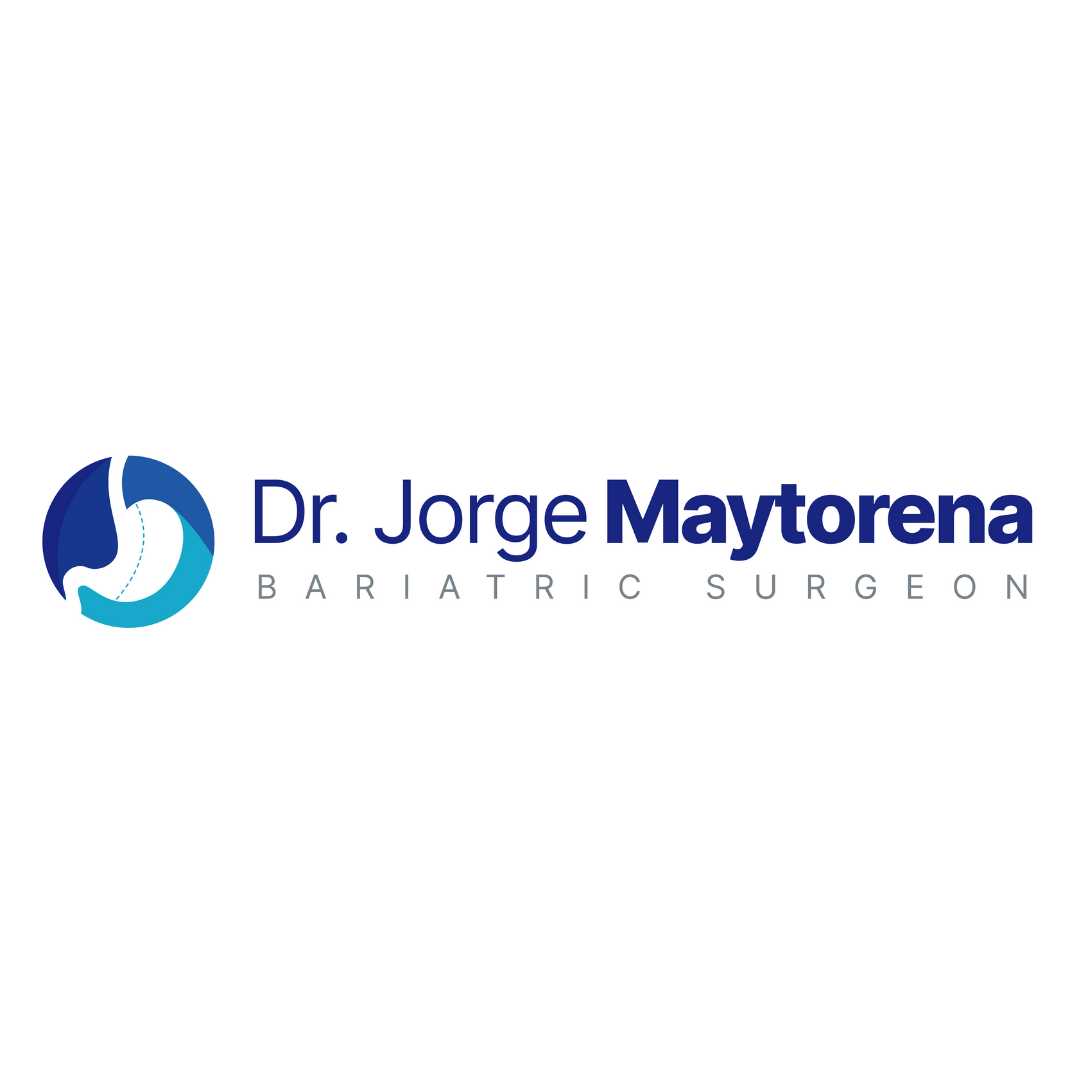

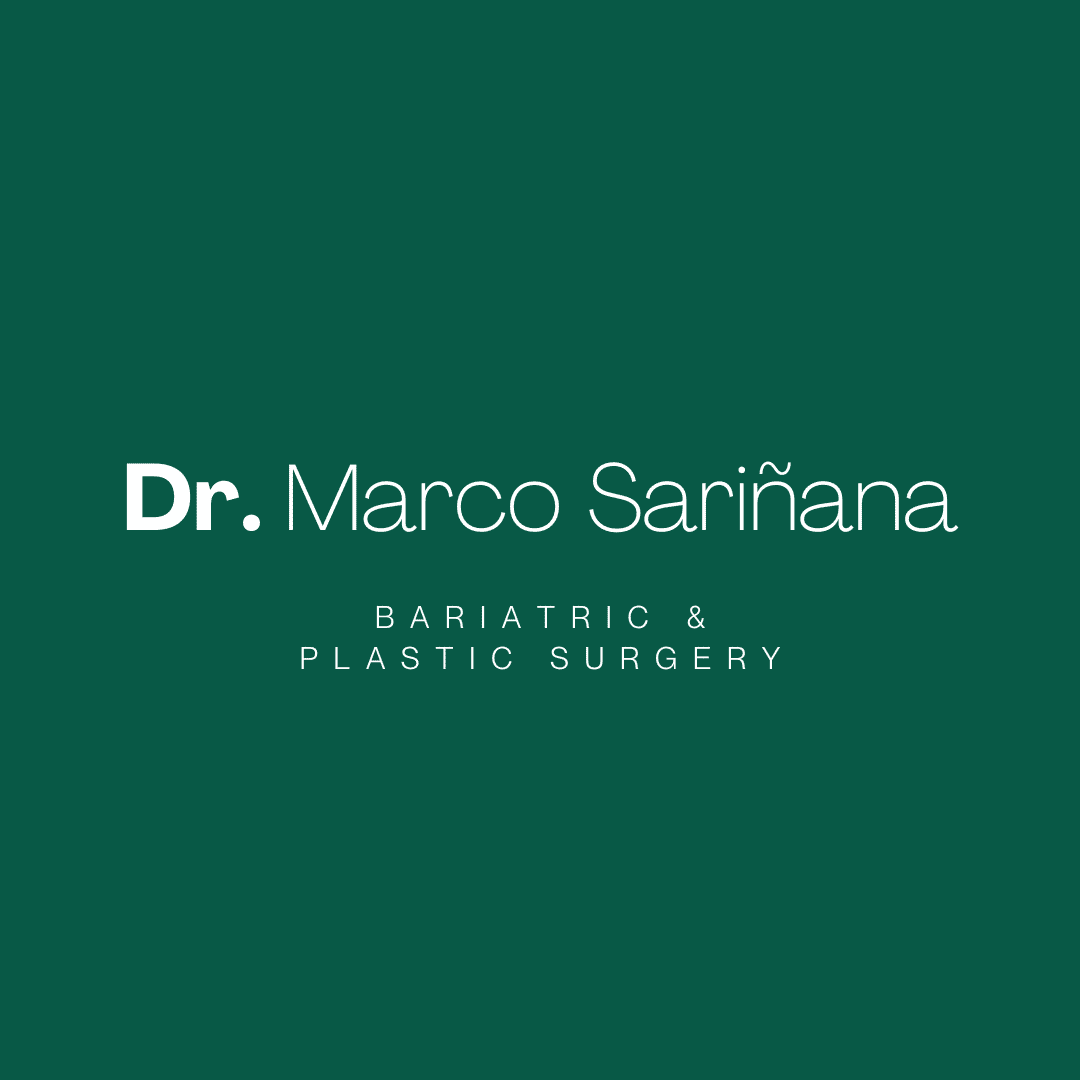

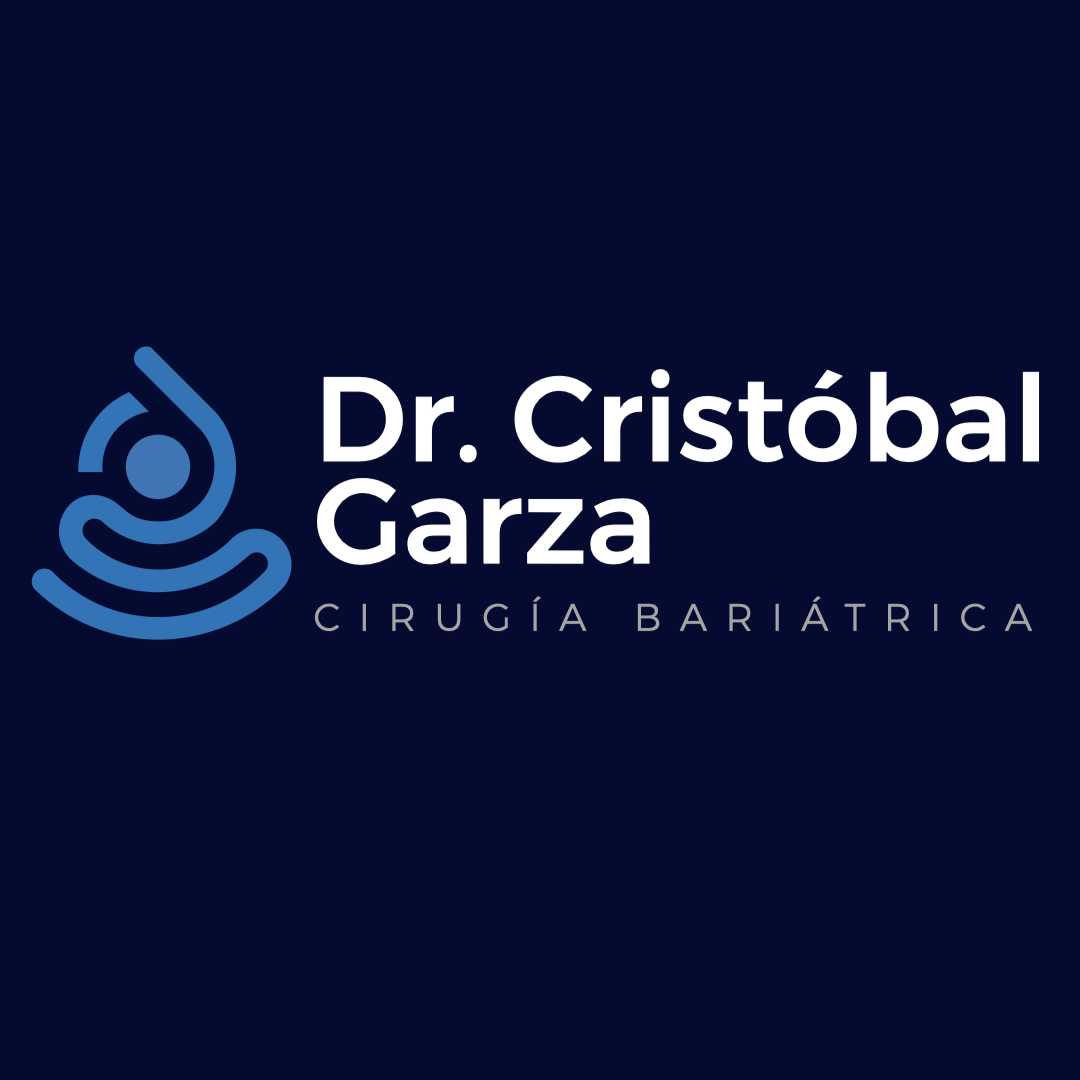

Share this listing